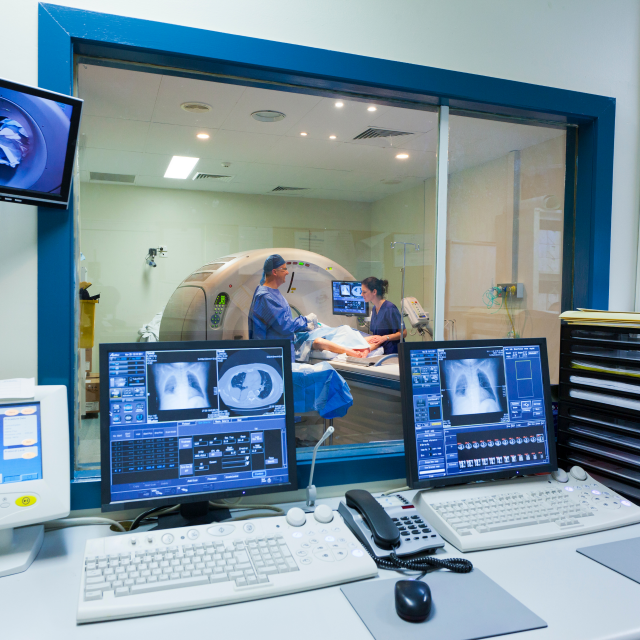
Cancer screening tests are medical tests that help diagnose cancer in its early stages. These tests are used in people at risk of cancer, in certain age ranges, or people with symptoms. Early detection is important in the treatment of cancer and can increase the chances of responding to treatment.
Cancer screening tests can be of different types. The most common cancer screening tests include:
- Breast cancer screening tests: Breast cancer screening tests include mammography, ultrasonography, or magnetic resonance imaging (MRI) tests performed to reduce women’s risk of breast cancer. These tests help diagnose breast cancer in its early stages.
- Colorectal cancer screening tests: Colorectal cancer screening tests are performed using tests such as colonoscopy, sigmoidoscopy, stool occult blood test, or virtual colonoscopy in people over 50.
- Skin cancer screening tests: Skin cancer screening tests consist of tests such as skin examination or skin biopsy.
- Prostate cancer screening tests: Prostate cancer screening tests include tests such as PSA (prostate-specific antigen) tests or digital rectal exams.
- Cervical cancer screening tests: Cervical cancer screening tests include Pap tests or HPV (human papillomavirus) tests to help diagnose cervical cancer in its early stages.
While cancer screening tests help detect cancer in its early stages, test results do not always mean a diagnosis of cancer. Even if the test results are abnormal, further testing may be needed. Therefore, it is important that cancer screening tests are interpreted by a qualified physician and that any follow-up tests or treatment recommendations are given.

